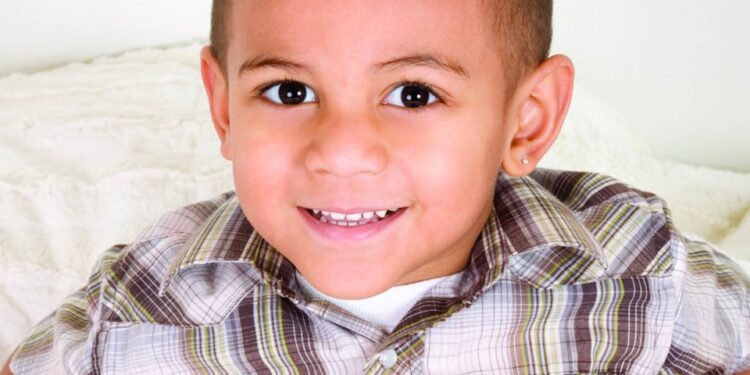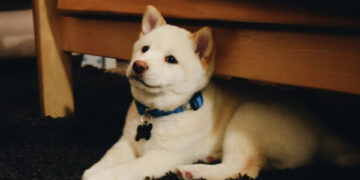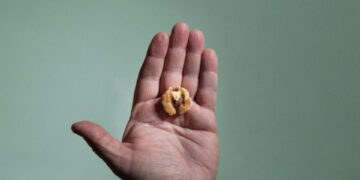You have probably heard the expression “Sleep tight and don’t let the bed bugs bite!” Although once all but unheard of in the United States, bed bugs are being uncovered in many places and have become a hot topic of discussion.
Bed bugs are small, wingless insects that feed on animal and human blood, usually at night. They are reddish-brown and flat in appearance and only about half a centimeter long (about the size of a match head). While bites from bed bugs can be irritating, they have rarely been found to carry and transmit diseases.
Bed bug bites often occur on exposed parts of the body, such as the face and arms. Bites from bed bugs leave red, raised bumps on the skin—frequently in a pattern of two or three—which may itch for several days or even a few weeks. They may be present in the morning or may not show up for a few days. New bites may appear as the old bites are healing. It can be hard, but try not to scratch. Just like a mosquito bite, scratching the bites can irritate them. If they become red or inflamed, they may be infected. If so, contact your health care provider.
When bed bugs set up shop in your house, they find their niches and multiply quickly. There are several different places in your home where bed bugs may be hiding:r
- r
- Mattresses, box springs, bed frames, and headboards
- Nightstands
- Curtains
- Baseboards
- Upholstered furniture
- Clothes, backpacks, and luggage
- Cracks in the walls or floors
r
r
r
r
r
r
r
rBed bugs can be hard to eliminate. If you wake up with bites, find rust-colored blood stains on your sheets, or happen to catch bed bugs in your covers one night, here are some measures you can take:r
- r
- Vacuum everything carefully, including cracks and crevices. Make sure that you dispose of the vacuum cleaner bag right away. Put the vacuum receptacle in a sealed plastic bag to keep the bugs from getting out.
- Wash clothes and other items in hot water (at least 120°F or 49°C). Dry the clothes and other items in a clothes dryer on the high heat setting for 20 minutes. This should kill the bugs and their eggs. You can also put pillows and stuffed toys in the dryer, even if you can’t wash them first.
- Hire a professional exterminator. They may use insecticides to kill bed bugs or other methods, such as diatomaceous earth or special heaters that raise the indoor temperature of a room to 122°F (50°C).
- If you need to get rid of mattresses or furniture, be careful when you take the items out of your home. You don’t want the bed bugs to spread to other places. Take the furniture to the dump rather than leaving it on the curb.
r
r
r
r
rWith the correct combination of methods, you can ward off the bed bugs and not lose any more sleep.
Michael Dawson, M.D., is a Board Certified pediatrician at Boys Town Pediatrics – Pacific Street Clinic, 14080 Hospital Road, (402) 778-6900.













